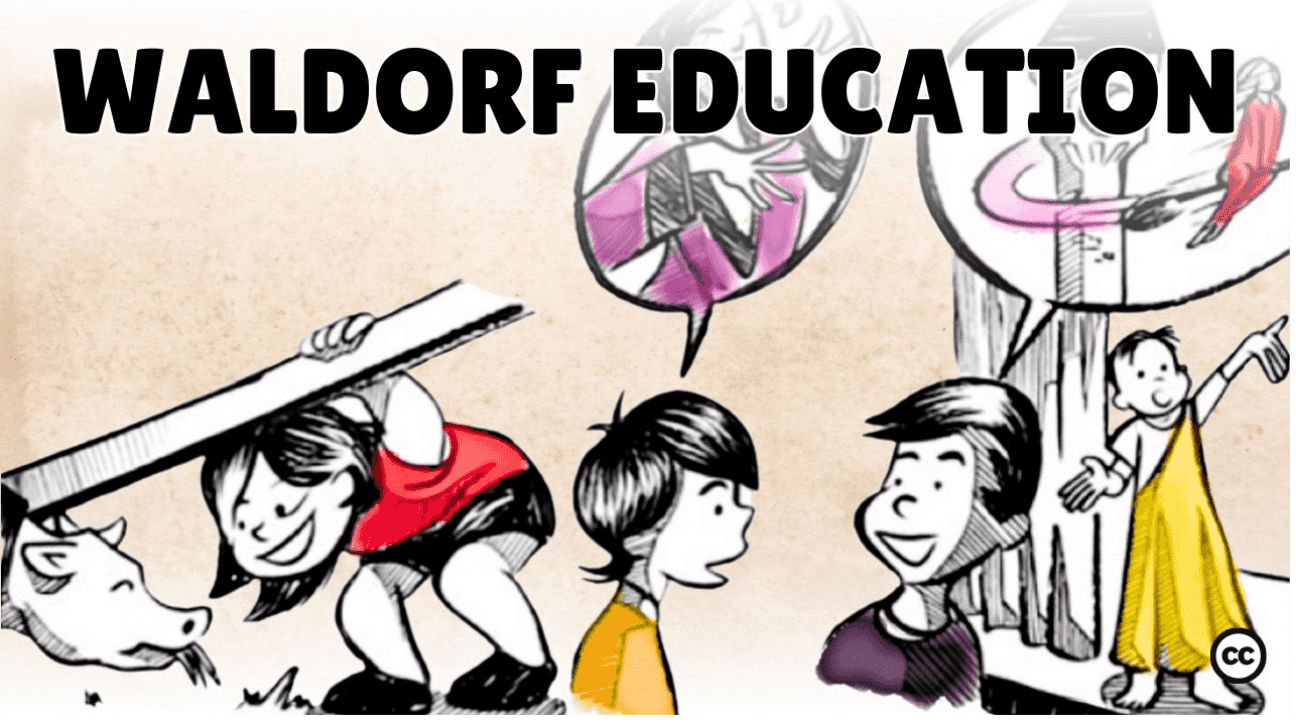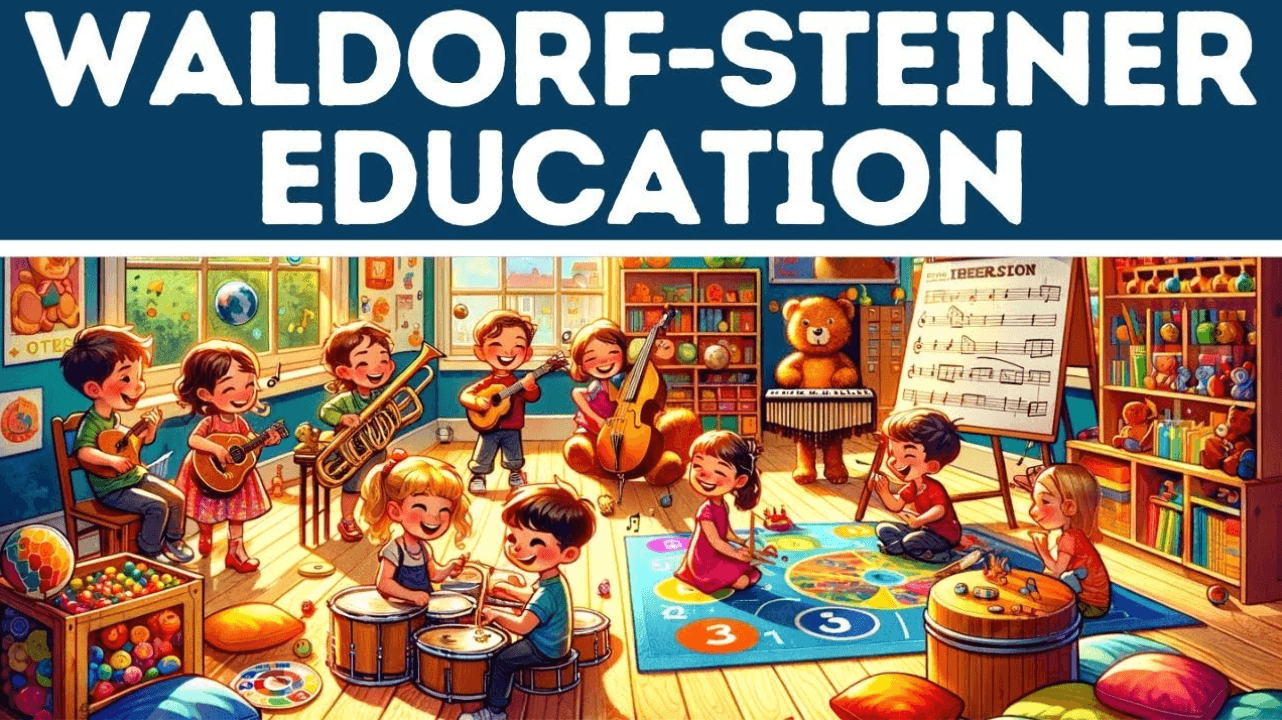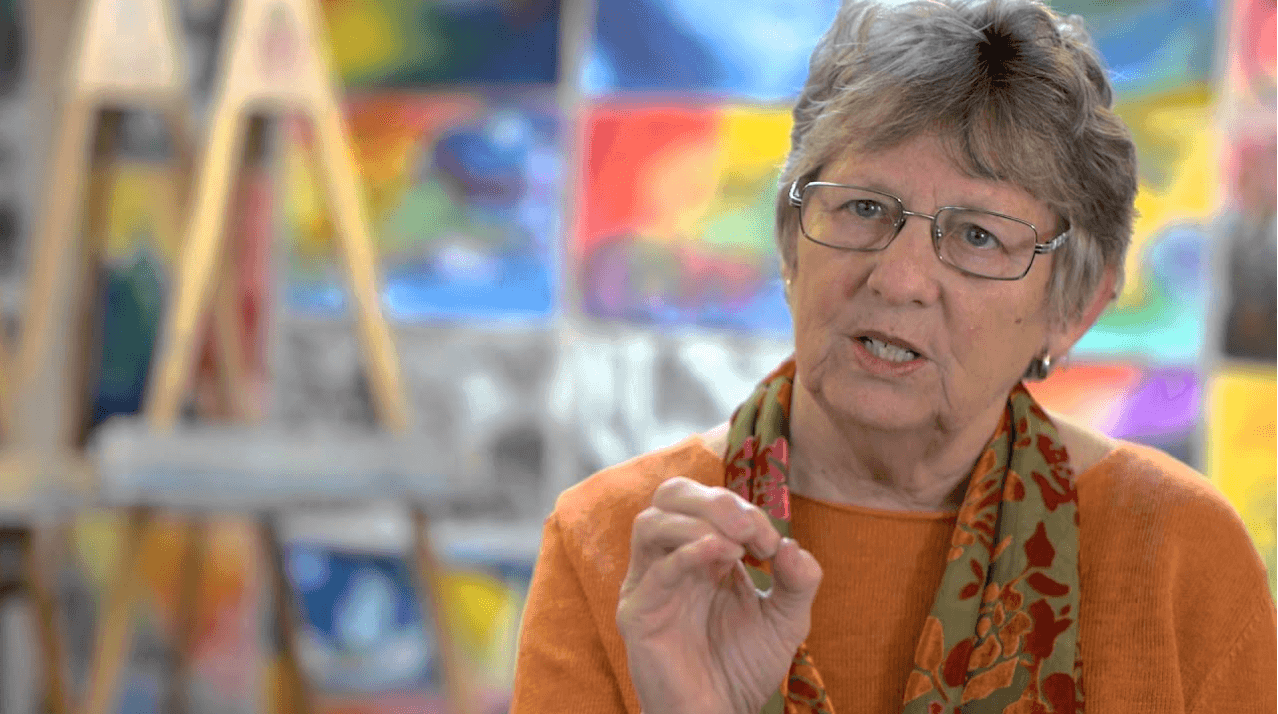
American summer tour! Wooclap will be at Anthology Together 2025
Come say hi at booth 301 from July 14th to July 16th in Las Vegas, Nevada
What is a Waldorf Teacher?
✏️ A Waldorf teacher is an educator who implements Rudolf Steiner's holistic educational philosophy, focusing on nurturing children's intellectual, emotional, physical, and spiritual development simultaneously. Rather than simply delivering academic content, these teachers design learning experiences that engage the "head, heart, and hands" of their students through experiential activities, artistic expression, and natural materials[1][2]. Most distinctively, Waldorf teachers typically remain with the same group of students for multiple years in a practice called "looping," allowing them to develop deep relationships and tailor instruction to each child's evolving developmental needs[1].
🎯 TEACHING APPROACH: Instead of relying on textbooks and technology, Waldorf teachers engage students through storytelling, movement, and hands-on activities[3]. Academic subjects are presented in concentrated 3-4 week "main lesson blocks," enabling deep exploration of topics[1]. A mathematics lesson might involve rhythmic movement, colorful illustrations, and practical applications rather than worksheets. Within the classroom, you'll find student-created materials, natural wooden furnishings, and evidence of artistic work, creating environments that resemble nurturing homes more than institutional settings[4][5].
✅ DEVELOPMENTAL UNDERSTANDING: Waldorf pedagogy recognizes three distinct seven-year developmental stages, with teachers adapting their methods accordingly[1][6]. In early childhood (birth-7), teachers emphasize imitation, sensory experiences, and imaginative play while delaying formal academics. During elementary years (7-14), they engage feelings through narrative, artistic activities, and experiential learning. For adolescents (14-21), teachers foster critical thinking through discussion, independent projects, and real-world applications—all while maintaining the arts-integrated approach that characterizes Waldorf education[3][6].
🚀 TRAINING AND PHILOSOPHY: While most Waldorf teachers possess bachelor's degrees, they also complete specialized Waldorf certification programs covering Steiner's anthroposophical philosophy, developmental psychology, and artistic disciplines[7]. This training prepares them to create rhythmic school days, balancing focused intellectual work with artistic and physical activities[8]. The underlying goal extends beyond academic achievement—Waldorf teachers aim to develop creative thinkers who possess social awareness, emotional intelligence, and practical capabilities while preserving their innate sense of wonder about the world[2][9].
Sources —
[1] https://en.wikipedia.org/wiki/Waldorf_education
[2] https://www.waldorfeducation.org/what-is-waldorf-education/
[3] https://www.notion4teachers.com/blog/waldorf-education-methods-guide
[4] https://foundations.ed.brocku.ca/winter_term/week19/5/
[5] https://waldorfy.com/why-is-everything-natural-in-a-waldorf-classroom/
[6] https://www.wonderschool.com/blog/family-resources/what-is-a-waldorf-school
[7] https://www.antioch.edu/academics/education/certificates/waldorf-certificate/
[8] https://www.themagiconions.com/2012/04/discovering-waldorf-discipline-in.html
A monthly summary of our product updates and our latest published content, directly in your inbox.



